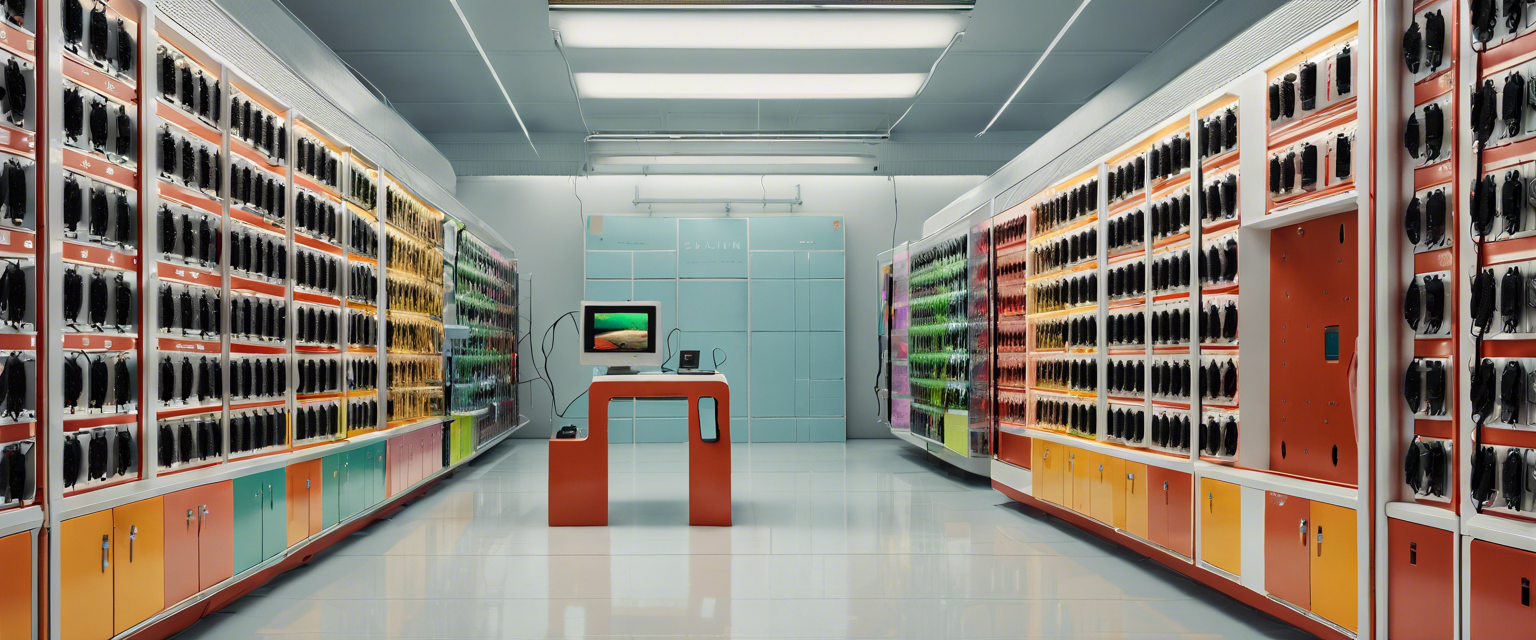Apple Battles Antitrust Case: A Deeper Look
In a significant legal challenge, Apple has urged a federal judge to dismiss the Department of Justice’s (DOJ) antitrust case against the tech giant. The DOJ's complaint alleges that Apple maintains an illegal monopoly in the smartphone market that inflates prices and confines consumers within its ecosystem. However, Apple contends that the government's arguments are speculative and fail to convincingly demonstrate its monopoly power.
Key Arguments from Apple
Apple's defense revolves around two core points:
- Speculative Claims: Apple claims that the DOJ's assertions lack concrete evidence and that the case attempts a "judicial redesign" of the iPhone, which is unrealistic.
- Market Share Defense: Apple argues that the DOJ does not provide a substantial enough market share to justify accusations of monopolistic behavior. They assert that the smartphone market's competition includes numerous alternatives.
DOJ's Position
The DOJ counters Apple’s defense with a compelling statement from DOJ counsel Jonathan Lasken, who argued in a recent New Jersey hearing that the essence of the case rests on the premise that Apple isn't merely a participant in the market but a dominant player wielding substantial influence over pricing and consumer choice.
Allegations of Anticompetitive Conduct
The government’s lawsuit highlights five specific examples of Apple's alleged anticompetitive practices:
- Degrading message quality in communications between iPhones and Android devices.
- Restricting functionalities for third-party smartwatches linked to iPhones.
- Setting high prices for apps within its ecosystem.
- Inhibiting competition by leveraging its App Store policies.
- Preventing legal and fair software use innovations among competing platforms.
Implications and Future Developments
US District Court Judge Julien Xavier Neals now faces the critical task of determining whether the DOJ's case can proceed further. He has indicated that a decision on whether to dismiss some or all claims is expected by January. This timeline may be influenced by the impending transition to a new presidential administration, as President-elect Donald Trump has signaled an ongoing scrutiny of "Big Tech" companies, including Apple.
Final Thoughts
As this antitrust case unfolds, it highlights the ongoing tensions between technology giants and regulatory bodies. The outcomes of such cases could redefine market dynamics and influence regulatory frameworks moving forward.



اترك تعليقًا
تخضع جميع التعليقات للإشراف قبل نشرها.
This site is protected by hCaptcha and the hCaptcha Privacy Policy and Terms of Service apply.